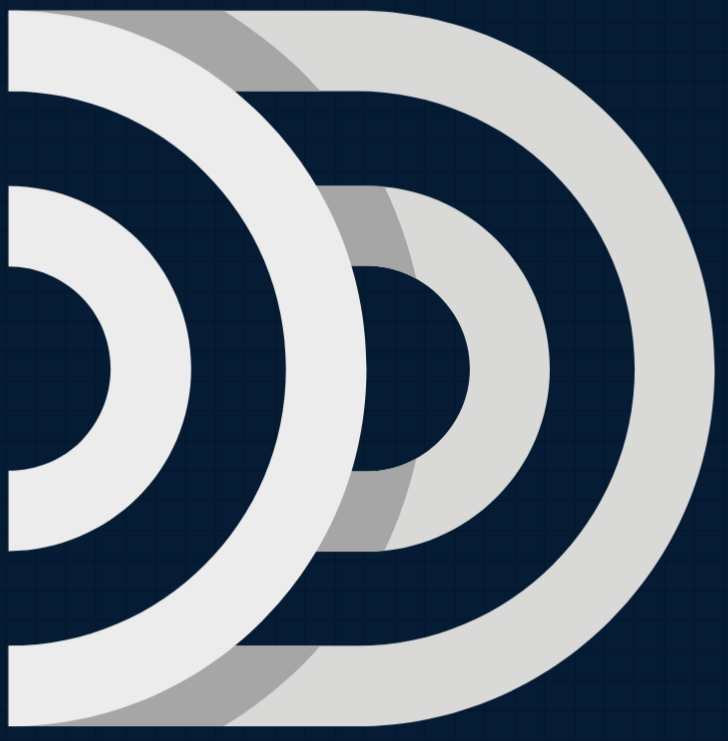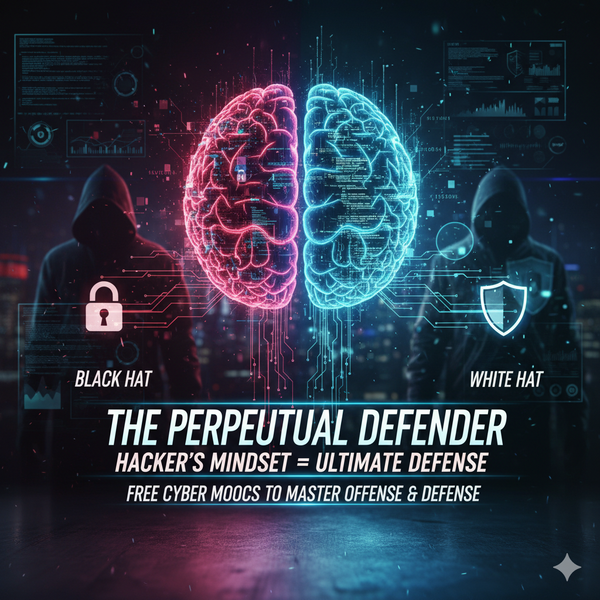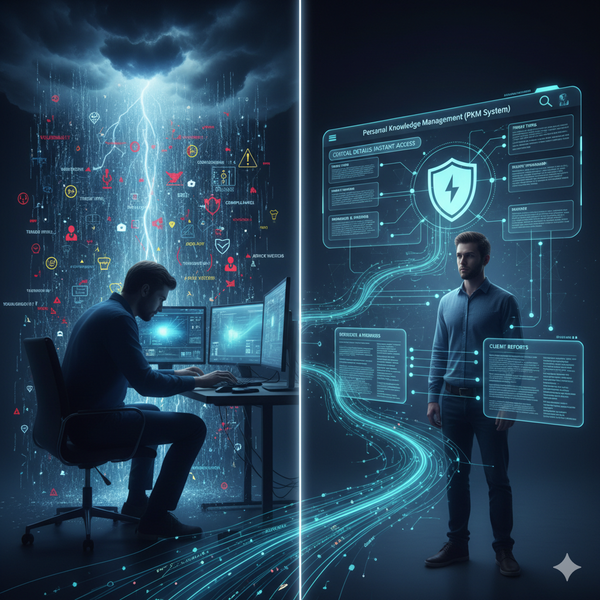Why Cybersecurity is Mandatory for Personal Websites and Social Media Accounts

In today's interconnected digital landscape, personal websites and social media accounts have become extensions of our identity, repositories of our memories, and gateways to our professional and personal networks. Yet many individuals treat these digital assets with far less security consideration than they would their physical homes or financial accounts. This casual approach to cybersecurity can have devastating consequences that ripple through every aspect of one's life.
The Reality of Digital Threats
Cybercriminals don't discriminate based on fame or fortune. Personal websites and social media accounts present attractive targets because they often contain a wealth of personal information while frequently lacking robust security measures. Hackers exploit these vulnerabilities not just for immediate financial gain, but to build comprehensive profiles for identity theft, social engineering attacks, and long-term fraud schemes.
The threat landscape has evolved significantly over the past decade. What once required sophisticated technical knowledge can now be accomplished with readily available tools and automated scripts. Credential stuffing attacks, where hackers use stolen username and password combinations across multiple platforms, have become increasingly common. If you've reused passwords across different accounts, a breach at one service can compromise your entire digital presence.
Personal and Professional Consequences
When personal digital assets are compromised, the consequences extend far beyond temporary inconvenience. Identity theft can take months or years to fully resolve, during which victims often struggle with damaged credit scores, fraudulent accounts opened in their names, and the exhausting process of proving their innocence to financial institutions and government agencies.
For professionals and entrepreneurs, a compromised personal website or social media account can destroy years of reputation building overnight. Malicious actors might post inappropriate content, spread false information, or use your platforms to launch attacks against your network of contacts. The damage to professional relationships and business opportunities can be irreversible, particularly in industries where trust and reputation are paramount.
The psychological impact shouldn't be underestimated either. Victims of cybersecurity breaches often experience anxiety, depression, and a sense of violation that can persist long after the technical issues are resolved. The knowledge that strangers have accessed intimate details of your life, your communications with loved ones, and your private thoughts can be profoundly unsettling.
Financial Implications Beyond Direct Theft
While direct financial theft is an obvious concern, the economic impact of poor cybersecurity extends much further. Victims often face substantial costs for credit monitoring services, legal fees, and the time investment required to restore their digital security. For those who run businesses through their personal websites or social media accounts, the loss of customer trust and business interruption can result in significant revenue losses.
Insurance policies rarely cover all the costs associated with cybersecurity breaches, particularly for personal accounts. Many people discover too late that their homeowner's or renter's insurance provides minimal coverage for digital asset protection and identity theft recovery.
The Interconnected Nature of Digital Compromise
Modern digital ecosystems are highly interconnected, which means a breach in one area often leads to cascading failures across multiple platforms. Hackers who gain access to your email account, for instance, can use password reset features to take control of your social media accounts, banking platforms, and any websites where you maintain accounts. This interconnectedness makes comprehensive security measures essential rather than optional.
Cloud storage services, which many people use to back up photos and documents, become particular points of vulnerability. A compromised account can expose years of personal documents, photos, and communications, providing criminals with enough information to impersonate you convincingly in various contexts.
Building a Foundation of Digital Security
Effective cybersecurity for personal websites and social media accounts begins with understanding that convenience and security often exist in tension with each other. The most secure approach isn't always the most convenient, but the investment in security measures pays dividends in peace of mind and protection against potentially catastrophic losses.
Strong, unique passwords form the foundation of digital security. Password managers have become essential tools that allow individuals to maintain complex, unique passwords across all their accounts without the impossible task of memorizing them all. These tools also help identify when accounts may have been compromised and facilitate the process of updating credentials across multiple platforms.
Two-factor authentication represents another critical layer of protection. Even if criminals obtain your password through a data breach or phishing attack, the additional authentication step creates a significant barrier to unauthorized access. Modern authentication apps and hardware tokens provide more security than SMS-based systems, which can be vulnerable to SIM swapping attacks.
Ongoing Vigilance and Adaptation
Cybersecurity isn't a one-time setup but an ongoing process that requires regular attention and updates. Software updates, security patches, and changing privacy settings require consistent monitoring. Regular security audits of your accounts, including reviewing login histories and connected applications, help identify potential compromises before they cause significant damage.
The threat landscape continues to evolve, with new attack vectors and social engineering techniques emerging regularly. Staying informed about current threats and adjusting security practices accordingly becomes part of responsible digital citizenship.
The Cost of Inaction
Perhaps the most compelling argument for mandatory cybersecurity measures is the cost of inaction. While implementing comprehensive security measures requires time and sometimes financial investment, the potential cost of a security breach far exceeds these preventive expenses. The question isn't whether you can afford to implement strong cybersecurity measures, but whether you can afford not to.
In an era where our digital presence often matters as much as our physical presence, protecting our personal websites and social media accounts isn't just about technology—it's about protecting our identity, our relationships, our professional prospects, and our peace of mind. The time to act is before you become a victim, not after.
Taking cybersecurity seriously for personal digital assets isn't paranoia; it's recognition of the reality that our digital lives are valuable, vulnerable, and worth protecting. The tools and knowledge needed to maintain strong security are more accessible than ever before. The only question remaining is whether you'll take action before it's too late.






